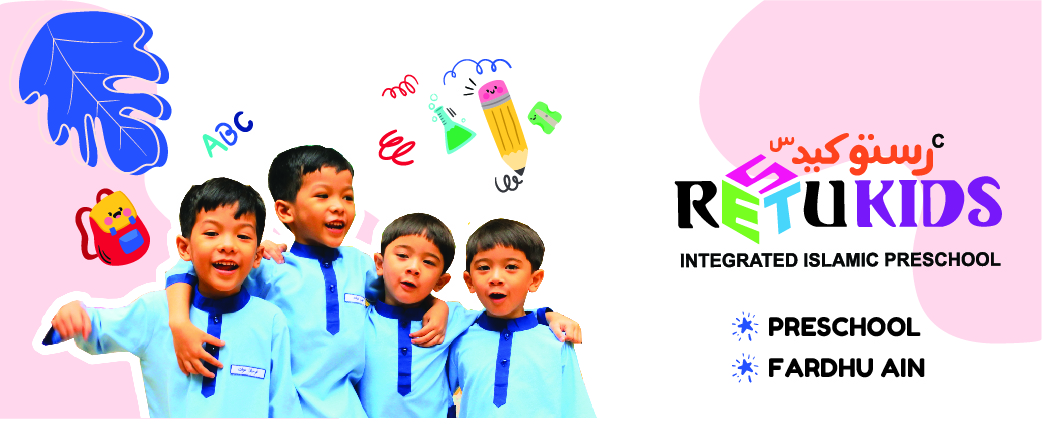Punishment is always harmful to the child even if it seems to achieve the parent's goal. It is impossible to punish your child without harming him/her. Research studies in child development have consistently shown that among the undesirable side effects of punishment are:
- The child will try to escape from or retaliate (fight) against the punishing situation.
- The child will have negative feelings toward whoever punishes him/her.
- Punishment usually remains effective only when the possibility of punishment is clearly present.
- And, very importantly, punishing a child teaches the child that using punishment is the right way to raise children so they are likely to use punishment with their children - thus perpetuating (continuing) forever the use of punishment in society.

The alternative to punishment should not be permissiveness (meaning to let your child do anything they want), if there is anything more harmful to the child's development than punishment it is permissiveness. The right alternative to punishment in raising a child is called
"directed positive influence." Directed positive influence means to reward (with praise, your positive attention, or an occasional small gift) your child after they do things that are good and right, while gently providing correction when your child does wrong. In Islam if it becomes necessary to correct your child for some wrongdoing this must be done according to a certain rules:
- First, you should explain to your child in a gentle way how they have overstepped some limit from rightness into wrong, explain how their behaviour is not consistent with the Will of Allah and offer them guidance as to what Allah has told us is the right way to act.
- Second, if the gentle instruction does not result in the child correcting their wrong behaviour, you should indicate your disapproval of that wrong behaviour by withdrawing your favour (for example, do not give smiles, hugs or kind words to your child at such times).
- Third, and only as a last resort, your child can be physically punished (beaten) if they do not correct their wrong behaviour.
In Islam, while you are allowed to beat your child it is most certainly not encouraged. If it becomes necessary for you to beat your child there are specific rules and limitations:
- You may not hit your child on the face or stomach.
- You may not hit your child more than a maximum of three times.
- And, you may not hit your child hard enough to leave a cut or bruise on the skin.
Additionally, You should never hit your child when you are angry. Not only are you then more likely to become excessive in your punishment, but doing so will teach your child that it is right to hit people when they are angry. It is important to realize that if you reach a point where you feel it is necessary to beat your child then something has gone badly wrong, and you previously have not done all you could have done to avoid this becoming necessary. Since it is a fact of learning that you cannot punish a child without harming him/her, so punishment can only become necessary if you have no positive alternative, and the good that comes from being punished will outweigh the harm you do to your child. Remember, the Prophet Muhammad (peace be upon him) never once in his life hit a child, a woman or a servant.

 The alternative to punishment should not be permissiveness (meaning to let your child do anything they want), if there is anything more harmful to the child's development than punishment it is permissiveness. The right alternative to punishment in raising a child is called "directed positive influence." Directed positive influence means to reward (with praise, your positive attention, or an occasional small gift) your child after they do things that are good and right, while gently providing correction when your child does wrong. In Islam if it becomes necessary to correct your child for some wrongdoing this must be done according to a certain rules:
The alternative to punishment should not be permissiveness (meaning to let your child do anything they want), if there is anything more harmful to the child's development than punishment it is permissiveness. The right alternative to punishment in raising a child is called "directed positive influence." Directed positive influence means to reward (with praise, your positive attention, or an occasional small gift) your child after they do things that are good and right, while gently providing correction when your child does wrong. In Islam if it becomes necessary to correct your child for some wrongdoing this must be done according to a certain rules: 


